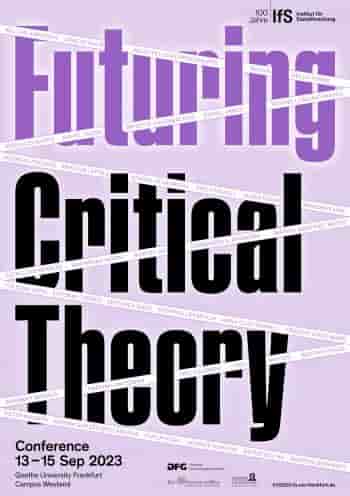Zusammenfassung
However we define them, critical theories must fulfill the three conditions Max Horkheimer formulates in his seminal essay “Traditional and Critical Theory.” Critical Theories must understand their own situation within contemporary society as constitutive of their theoretical practice and its results. Therefore, they must diagnose their social conditions, and do so not in a purely philosophical manner: they are necessitated to integrate empirical results of social research. Yet they also must spell out the philosophical implications of their own situatedness. Hence, just as they cannot be “pure” philosophy, they cannot be “pure” social research. Finally, critical theories must not aim only at an accurate understanding of their social conditions but also at overcoming them. In one way or another, they must aim at emancipation.
If critical theories are “impure” by their very nature, they are forced to break with sovereign conceptions of epistemology. The necessity to intertwine epistemology and analysis of actually existing social conditions is built into critical theory’s conceptual foundations. Non-sovereign political epistemology is thus a requirement for and the promise of critical theories – a promise not often redeemed by critical theories and thus an important task for critical theories to come.
60323 Frankfurt
